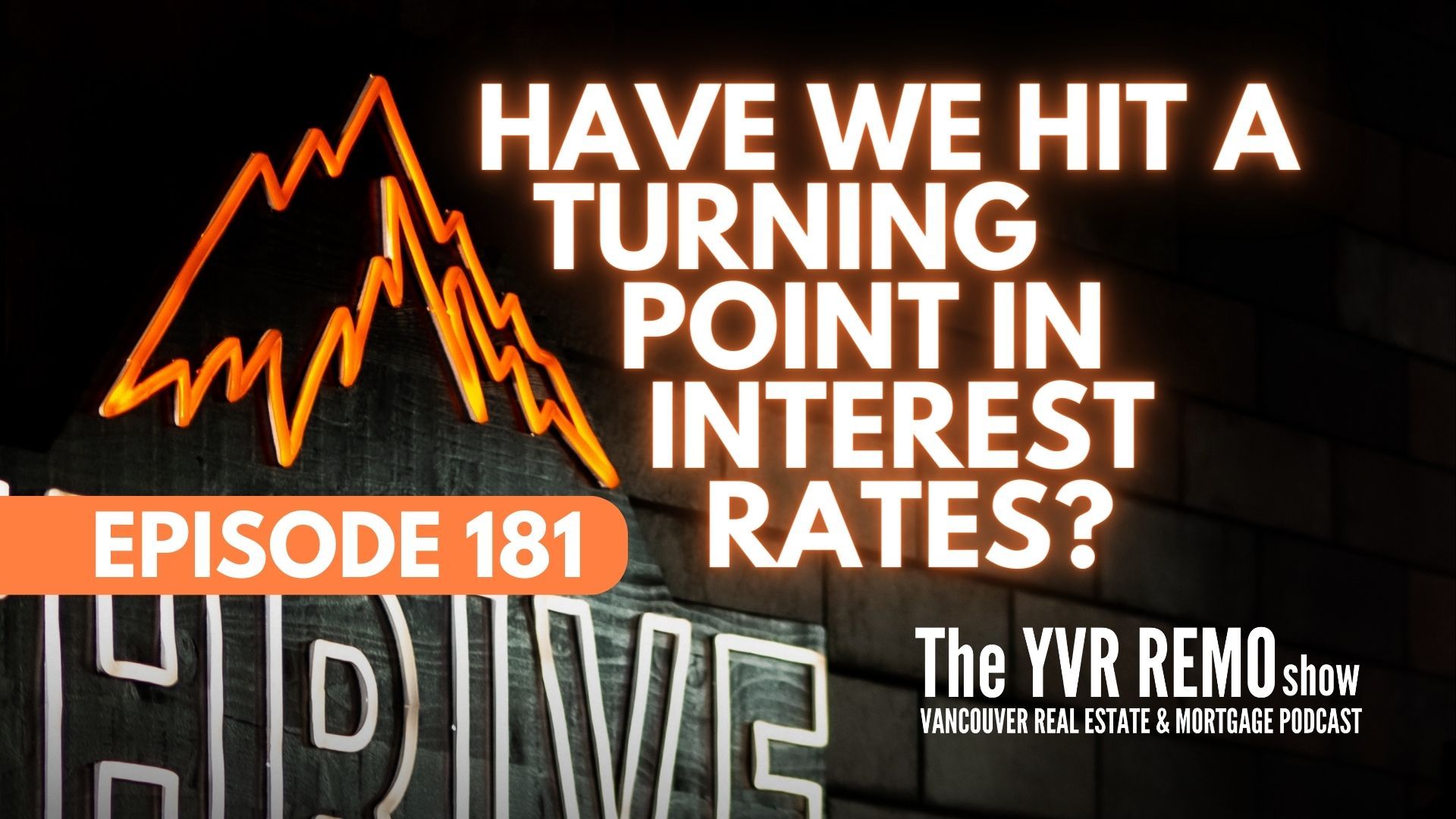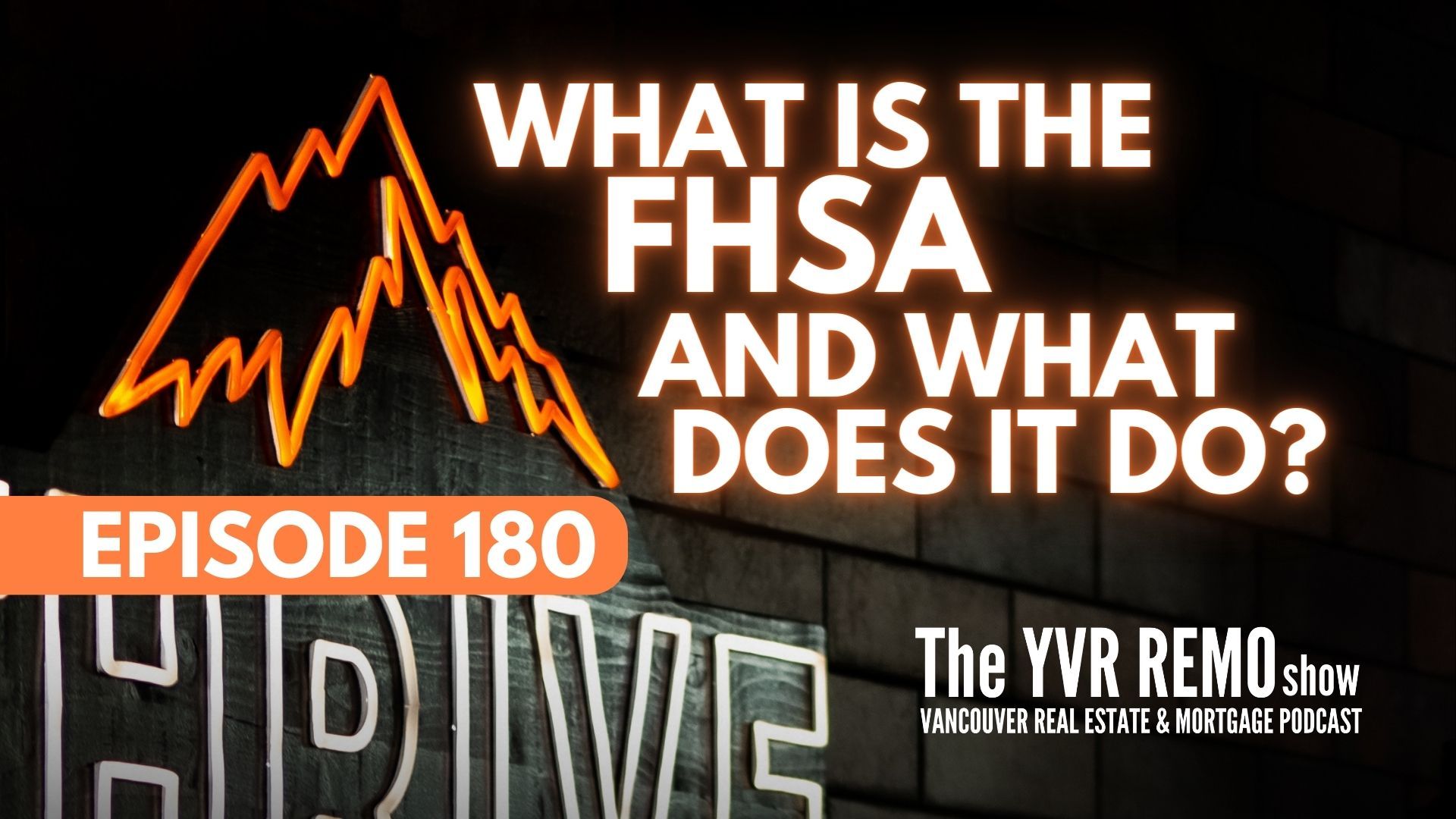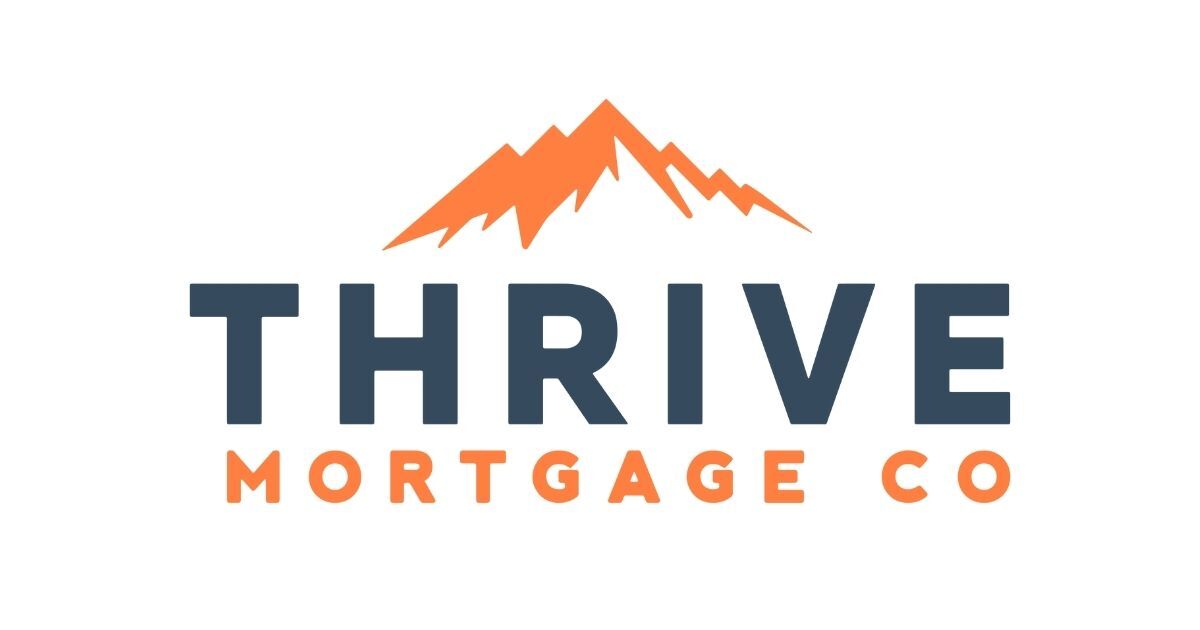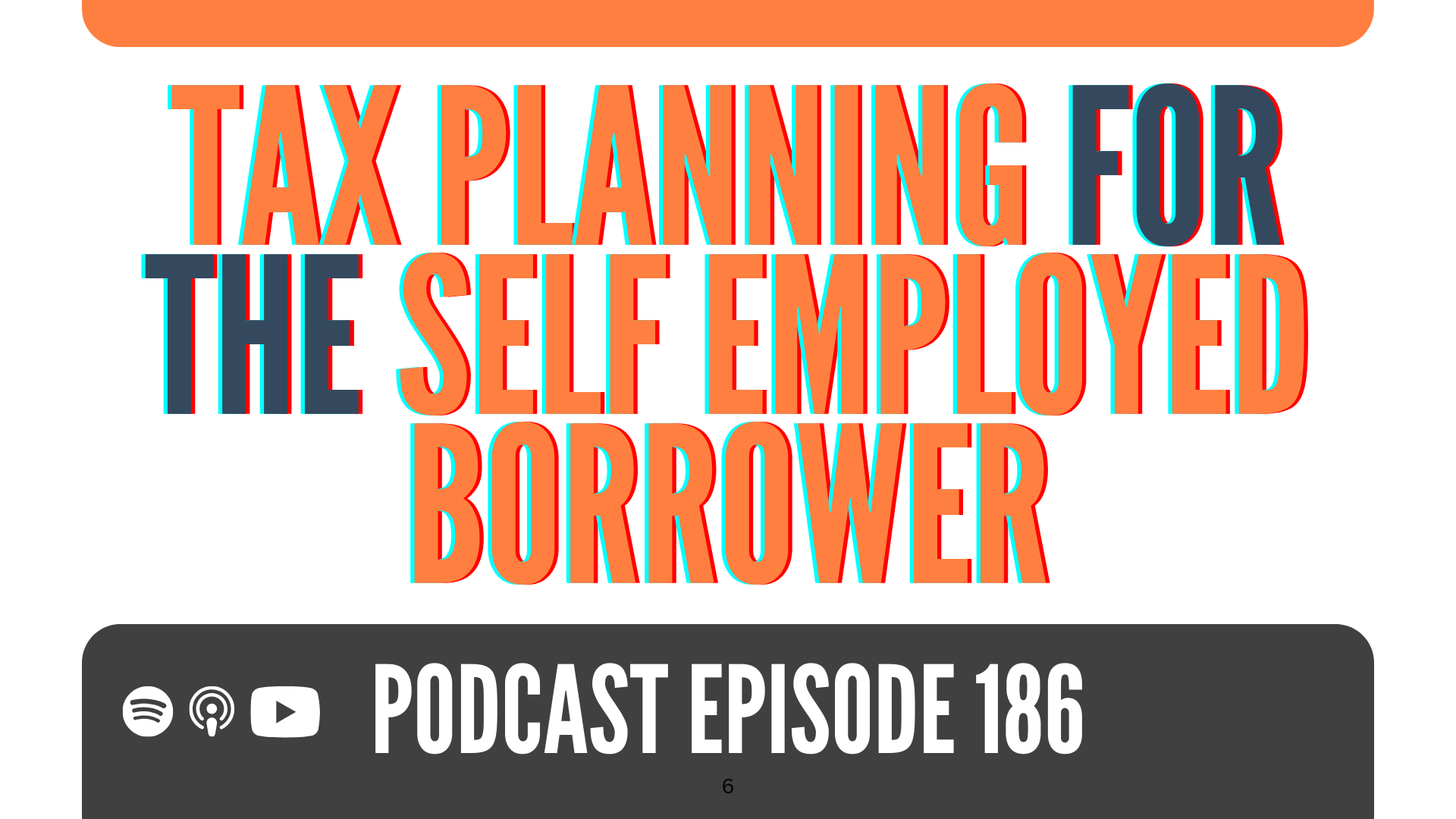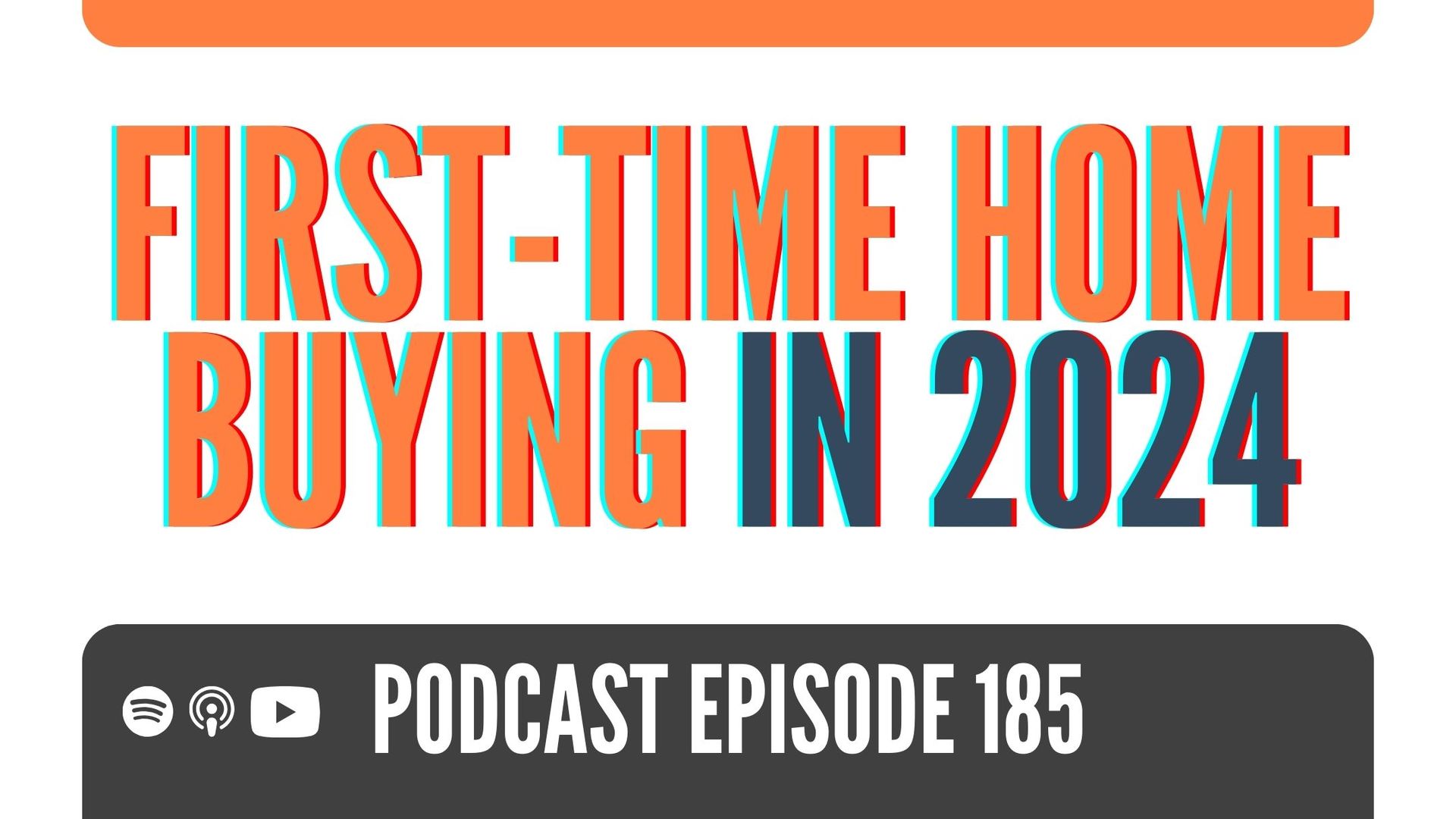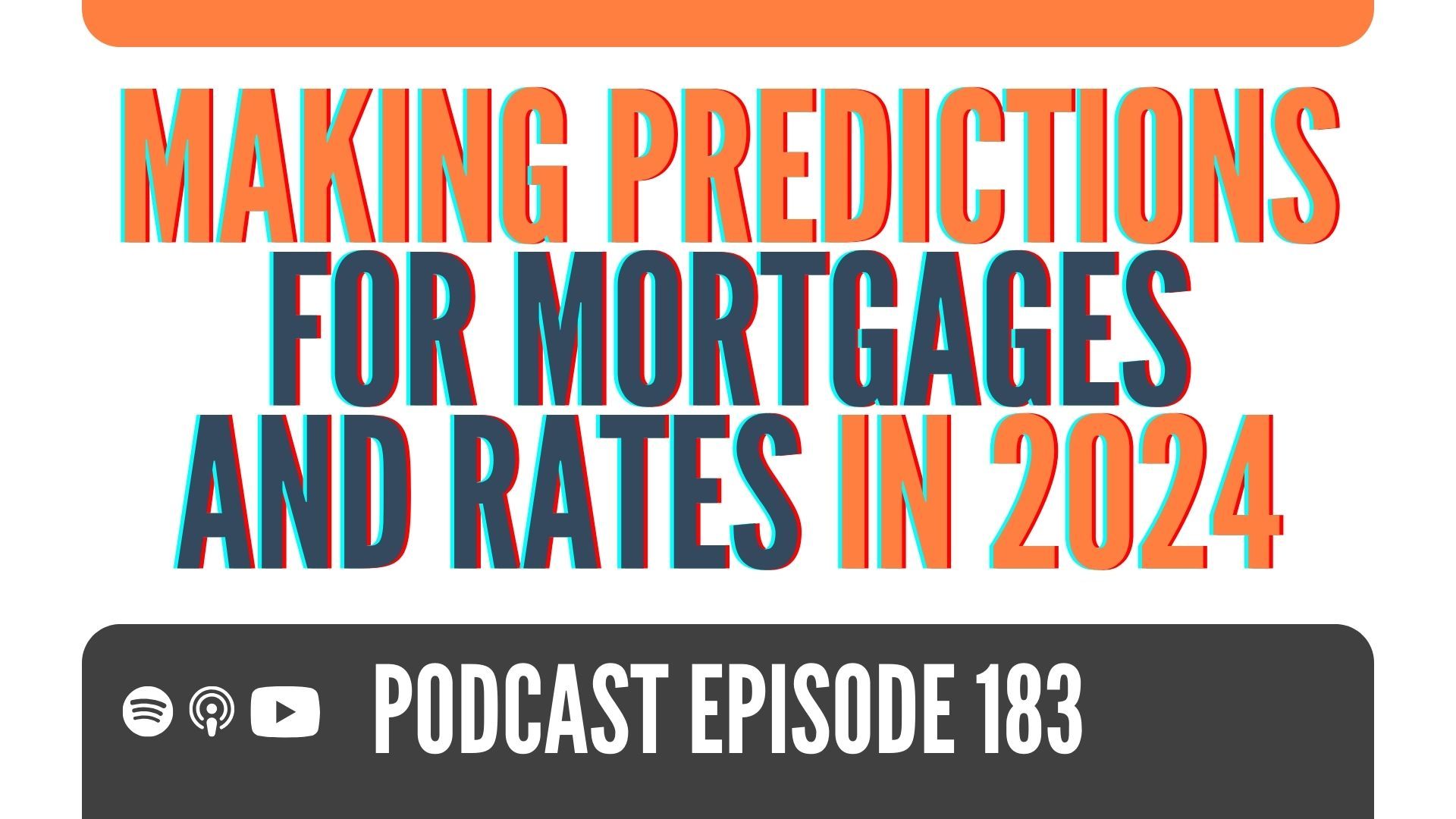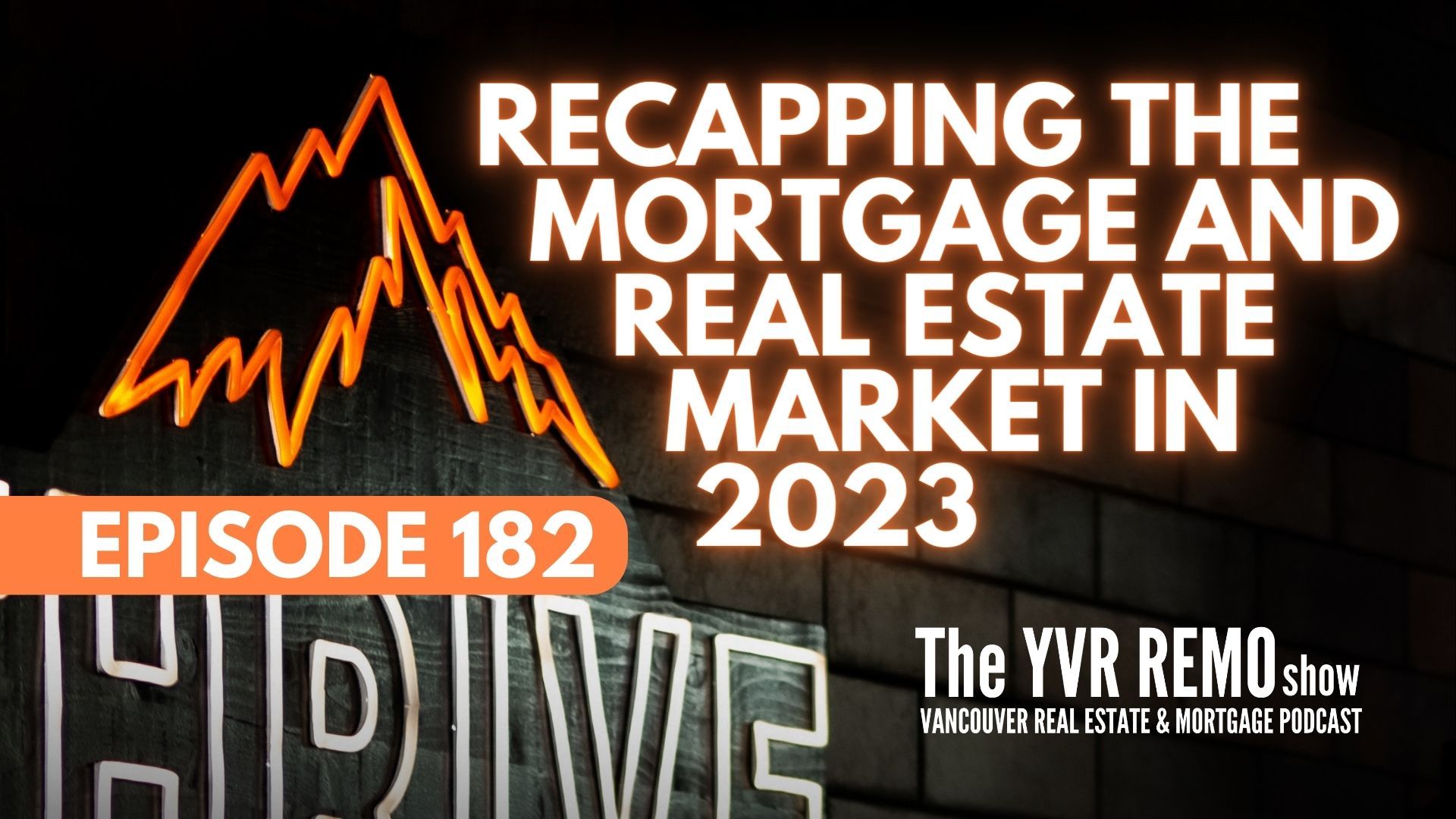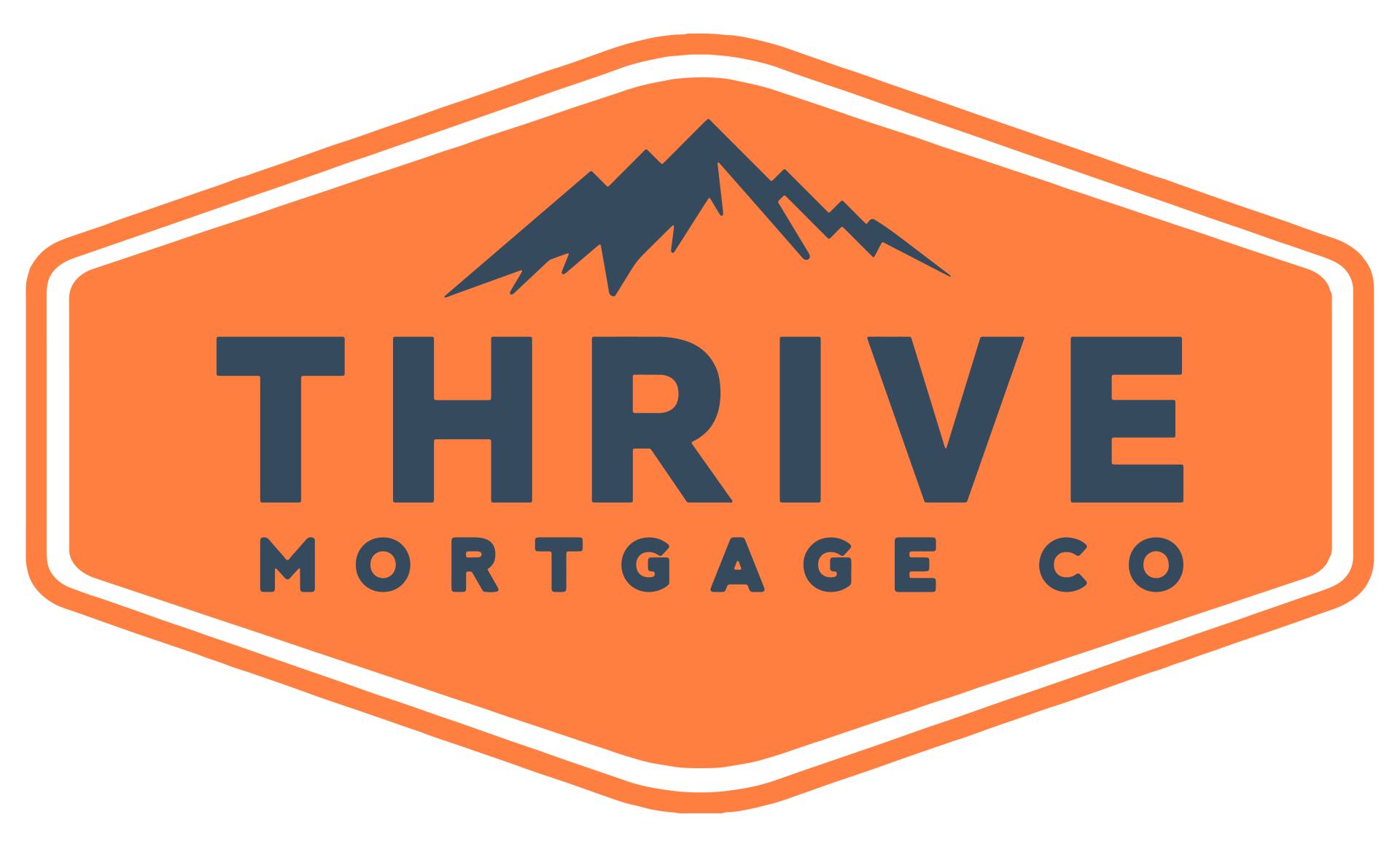SUBJECT-FREE and HOW NOT To Lose Your Home! | Episode 103 The YVR REMO Show Podcast
We're going to talk about going subject-free on properties and how to protect yourself. We talked to hundreds of people every week and a vast majority of buyers right now are in a position where they can't put financing conditions in their offer. We're in an environment where we don't have the opportunity to do that because things are so active. Today, we've got a list of the most common issues that have been presented when people have gone subject-free. These are things you need to think about before making an offer.
It's a challenging market for everybody involved. We have some clients that have written 10 offers and they still haven't secured a property. We've seen a condo value go from $400,000 to $550,000. It's a very common conversation to go subject-free to even have a chance of getting a property. We have countless clients that are going subject-free and we've gone through the motions multiple times to help them understand the risks of doing so. There's a lot of work behind getting into a position where you as a buyer are comfortable going subject-free and understanding the risks. We're hoping this episode is helpful for every single buyer in this market whether you're an investor or a first-time buyer.
We're starting to realize there are a lot of questions that people aren't asking. People are making offers on properties and they're not qualifying because they didn't do something. Go back to our previous episode on subject-free offers to get a better understanding of how they work.
Today, we're going to talk about the things that could negatively affect your deal.
LOOKING AT YOUR INCOME
We need to look at every single income document to make sure nothing has been missed.
Why do you need to provide T-4s, two pay stubs, and a job letter?
If there's one number in any of those documents that we haven't accounted for, it's going to come up and it could hurt your approval. Looking at income, make sure that you have submitted every single one of the documents required. If you're self-employed, we need to see documents to make sure your business is still active. If someone's not asking you for these things, they are not doing this properly and you shouldn't be going subject-free.
Income, credit, and liabilities are the big three items that we need to find comfort in. We have a very thorough process to make sure that we uncover issues and income. We document what shows up on the credit bureau and we go through it with every single client. If we didn't have that conversation, that could come up two days before completion and your mortgage is gone. Going through a true pre-approval is what's going to allow you to find some comfort in going subject-free. If you're selling a house and your money is coming from the sale, that's very easy to track because we know where it's coming from. We need to know the source of your downpayment. Some people don't want to ask clients for bank statements, because it's a lot of work. We do that upfront. Banks are not going to accept certain forms of down payment.

PROPERLY UNDERWRITING A FILE
People don't realize that your bank and most people don't properly underwrite your file.
What does that mean?
Underwriting of the file means that we've reviewed credit, income, down payment, assets, and so forth. Most people going into subject-free offers don't know if their file has been underwritten because they walk into the bank to give them the documents and put them on file and they say you're pre-approved for this amount of money. Your bank typically does not review any documents that you send in any high-level detail until after you've got a live transaction. We've had someone who's made a subject-free offer and can't get qualified on the terms or the rates they thought they were prequalified because the bank did not fully underwrite it. It comes down to someone that you trust to go over as much as they can in advance. That's the number one mistake most people make, not knowing what's been reviewed or not reviewed in their file.
SUBJECT-FREE OFFERS AND DATES
It's hard to make dates line up in a normal market. What we mean by this is when you're moving out and when the seller is moving out. Being prepared by that, and being flexible, will help you put yourself ahead. If you can accommodate somebody else's dates, you set yourself apart with that extra edge. How you can protect yourself from a date situation is by being prepared for bridge financing and being prepared to carry two homes for a short period.
Knowing those costs is very helpful because that could be the difference of paying an extra $10,000 on a property to win that offer. Having the flexibility of dates and knowing how to prepare yourself for that would be key.
In this market, a lot of people are trying to buy their house first before they sell. The good part about selling now is you know how much money you have to play with, which can help you decide how much you can spend on your next house. A lot of people aren't going that route because they don't want to be left renting or not be able to get back into the market when it's moving at this pace.
If you write a subject-free offer on a house to purchase and haven't listed your house for sale and you're doing a three-week closing, what if your house doesn't sell? The market can change over a week and we don't know what's coming.
If you get stuck in that spot, do you have enough equity?
Can you carry two mortgages?
Can you get private financing?
These are all conversations that we have upfront.
We don't like to see quick completion dates on subject-free offers, even if there isn't a property to sell because something may come up. If you have two or three weeks closing and you've gotten subject-free, if an issue pops up a week later when the banks finally looking at your file, we only have two weeks left to try to fix that issue. Going to a different lender and bringing on a cosigner are timely tasks. We like to see a bare minimum of one month, but generally, more time is better. You're sometimes at the mercy of the sellers. It's just another risk that you take on.
If you're purchasing your first home or you've already sold your property and you're prepared to do so, this will change the lenders that you can work with or who can take you on. Sometimes we see certain banks will be too busy and they won't take on a file and they'll reject it. If you're working with a mortgage broker, we can use different lenders but at the end of the day, it will change your options in many circumstances. We might have to pay for rush costs and things like that, so just keep those things in mind. Make sure you let your broker know and be aware this could change your options.
APPRAISALS AND SUBJECT-FREE OFFERS
Let's talk a little bit about appraisals, what's going in the market as far as appraisers, and what we're seeing right now.
How that could impact you if you go subject-free?
It's a conversation that comes up every single day and every single subject free offer that we make right now. We're talking people who are putting 20% down. They need to be aware that when you do a purchase for a property, there are two types of appraisals.
There's an automated appraisal, which is what we hope for. This is the computer saying yes, the value is good.
Then there's a physical appraisal now with the value going up week over week. Often lenders are asking for physical appraisals when somebody is asked to go there, take a couple of pictures, write a report, and look at comparables. Sometimes there are no comparables. If you're buying a detached home, and the last most recent sold showing up in the system is $1.5 million and you just paid $1.85 million, There's a good chance that your appraiser could say the valuation in the market is $1.7 million. Now you're short by $150,000, you've gone subject-free, and you've got three weeks to close. What are you going to do? That's a big consideration that you'd be thinking about.

We've seen this firsthand where that same scenario occurred but we had three months for closing. That's not going to happen in this market, but you should be able to get a decent amount of time with 45 to 60 days being common. That amount of time saved this individual because we were able to reappraise the home a month later and there were comparables to support that new value. Now we have that new value and we're moving forward with no issues. That's how a date can protect you on an appraisal issue like this.
Another thing we see quite commonly is homes that are old and have never been renovated. Vintage homes with not a single upgrade done. One big piece of the appraisal report is the life of the home. The economic life of the home is looked at very closely by lenders. Typically, a home should have about 35 to 40 years of life or more. That's the minimum of what most lenders are looking at, 30 years is the minimum. That's why it's so important because your amortization is tied to that economic life. A lender typically wants to see five years more on the life of the home over your amortization. If you have a 25-year amortization, that's how we're qualifying you. For those that don't know, amortization is how you qualify, it's how much your payment is going to be for your term. An amortization is typically tied to the life of that mortgage. That economic life should be five years more than the amortization. If it's not, we have to decrease the amortization, which is ultimately going to hurt your qualification. If we now approved you over a 25-year payment plan, we're now looking at a 20-year payment plan if that economic life came in a little bit less. Now you do not qualify for that home and if you're in a subject freeze situation, we're looking for a cosigner or more money down and that's a big deal to consider.
A lot of banks will just walk away if they see a really short economic remaining life.
With an insured mortgage, most of the time, there is no appraisal required unless it's a unique property. That doesn't mean that the insurer is going to look at a file and not order an appraisal. Keep in mind, it's typically never the bank but it's the insurer. It's rare, but if it does happen, we deal with that. We hope that the appraisal comes in where it needs to with somebody with 20% down. That takes a lot of the risk away in a subject-free offer because we're no longer dealing with the insurer and we have potential B-lender options. If those buyers have 20% down with no fallback and no family that could support them if something went wrong, those are the people that are probably at the most risk of an appraisal coming low. If an appraisal comes in low and they just have 20% down, they have to find extra money unless we can get the value up. For somebody that has no fallback, if an appraisal comes in low you have to find more money unless we can get the value increased. Somebody with 35% down, there's not a lot of risks there in regards to value because you have an extra 15% down. Keep in mind that this might be a little bit confusing but in a conventional mortgage, the maximum that a bank will finance is 80% of the property value in most situations. If you're doing 35% down, you've already built in a big extra buffer of equity and down payment. Even if your appraisal does come in low, it's often not going to impact the size of your mortgage most of the time unless it's dramatically low.
We want to be clear, we're not suggesting in this conversation that you can't get any financing for all of these circumstances. We are suggesting that this will change your financing options and could impact you.
MULTIPLE BUILDINGS ON ONE PROPERTY
A lot of people lately have been looking at selling properties and moving out to rural areas, smaller towns, the island up north, and the interior. One thing that's come up a lot lately is a piece of land that has multiple buildings on it. You might choose to pay $1.5 million because there are two properties or a beautiful shop but your lender typically only looks at one unit or one house on the property. As a rule of thumb, if there are two homes on a single piece of land with a single title, the lenders look at the primary residence. They're valuing that property plus the land, they're not putting value in that second home. That's a pretty common thing.
We've seen properties that are 40 acres in size and the lenders only look at the first five acres of value. You have the one building and they think they're prepared because it's just the one building. They realize it's 40 acres and we're only looking at five acres of value. That can be a big issue, especially in the rural communities that we seem to deal with quite a bit. A lot of lenders are looking for more down and it's considered a sliding scale. When you get above 1.5 million, I would be prepared to put 25% down at a minimum. Some lenders will still allow you to do 20% down but understand that not every lender looks at the purchase price the same way. 20% down is correct if it's over a million dollars but once you get into those higher purchase prices, you need to be talking about the purchase price and how much you're putting down from a percentage point of view.
Clients of ours bought acreage in Langley for a $3.7 million purchase price. This is five acres with a house, separate mobile, two massive shops that are worth a lot of money. Their appraisal came in at $3.19 million. It worked because they had a very big down payment. For someone that was thinking they're doing 20-25% down, it's not happening. Sometimes we do limit ourselves to one lender because maybe that one lender has a program where they will go to $2.5 million and they'll do 20% down. We also have to keep in mind that if we have limited ourselves to one specific lender, there's way more risk there. If that lender won't do it for whatever reason, we don't have a bunch of other options. When you're in a scenario and you're buying and you qualify everywhere, there's a lot less risk there. We could get a decline from four lenders, but we're probably going to find one that will do it. Just keep that in mind, depending on your specific situation.
As brokers, we work with different institutions. Knowing that your qualification works specifically with one institution is key going into this because then you can gauge your level of risk. In a lot of circumstances, we're talking about conventional financing, we're not keying in on alternative financing. You could go back to the alternative financing options. It's probably going to be something that you want to think about. Make sure to have that conversation when you're going into it and how you can get in.
A key point on buying farms comes from buying a property that has cows, pigs, or chickens. Lenders don't typically love farms, or you're going to fit under a farm program. You got to make sure you do your due diligence there. I've seen people show up with a contract and there's a horse and the chicken on it. They're putting down around 10%. If you're doing the farm route, it will change your options, just make sure to have that conversation upfront because it's much easier to get the chickens and the cows after the fact than beforehand.
The main reason for that is the foreclosure process. Foreclosures are very rare in Canada but banks don't want to have to deal with someone not making their payments. Banks have to take the necessary steps to work with organizations that are going to deal with humanely getting rid of the animals. The last thing a bank wants is to be on the news because these animals died because of the foreclosure process. There's just a lot more there when it comes to foreclosure if a property or mortgage ever got into that state.
It's very difficult for a bank to take away somebody's livelihood as part of a foreclosure. It's almost impossible to foreclose on a property that somebody is earning the majority of their income on. It can be tied up in court for years. We've seen it with blueberry farms up to four or five years in foreclosure court. Banks want nothing to do with that.
Continuing on property types, lenders can look back on MLS reports and see that previous MLS listings from the previous owner listed it as a grow-op. A good realtor will look back on old listed data and see if there was a previous grow-op as well. I've had this a lot lately where it is in one of the original listings, and it kills your deal. It's very important to do some deep dives there and a good realtor should be able to help you through that.
VACATION PROPERTIES AND COMMERCIAL BUILDINGS
We've seen people trying to buy properties in Kelowna and Cultus lake, for example, and there's a whole bunch of different designations. Some of them are designated as mobile home parks and they're converted into detached homes. Some are designated as just vacation rentals. Keep in mind that does impact the lender's ability or desire to finance you. So again, if you're qualified with one lender and they're not going to lend on that, that'll impact you. So keep that in mind.
Short-term rentals can be a phenomenal investment and you can make a lot of money. A lot of these properties and condos are marketed as Airbnb properties. 99% of conventional lenders see that and they want to step aside, they don't like the idea of having short-term rental Airbnb being active and in a property that they have a mortgage because there's a lot more risk there. It's hard for them to justify income because they don't know if it's going to be rented 200 days a year or 20 days a year. It's hard for them to justify income. That's a big one, understanding zoning the short-term pieces, some lenders will do it but it's a unique structure. It's harder to qualify. If that's something that you're going after, just make sure you've done your research and you know what your lender options are upfront.
SOURCE OF MONEY
Where's your money coming from?
Is your money coming from overseas? Typically, it has to be in Canada for 30 days.
Is it being gifted?
Who's providing the source?
When is it coming in?
That would be something I would keep in mind. If you're someone who's getting a gift or you're transferring money from somewhere, are you a foreign individual or someone who's not yet a permanent resident of Canada? Also a key consideration, there's going to be foreign buyers' taxes. It surprises people that it impacts your financing and your options. If you're an agent, know your client's situation and what their current circumstance is because that will also change your options.
IS YOUR APPLICATION UP TO DATE?
Is your application up to date? This correlates with your pre-approval. When was that completed? We do full pre-approvals but if it's six months ago, you need to understand that it needs to be up to date. Four months is typically a rule of thumb. When you get into a live offer situation, updated documents are going to be required and a pre-approval is not a firm approval by any means. If you went and bought a big ford f-350 truck over the holidays and you think that's not going to impact you because you got a pre-approval, it is a big issue. You can't make changes to your situation.

2021 income is very important. A lot of people think that if they qualified on a two-year average for commissioned income over 2019-2020 that they're set. They don't realize that they earned a lot less in 2021. The bank wants your 2021 year and a bank statement or pay stub to see how much you earned. Now your two-year average is a lot less. These are things that you have to stay up to date on and that's what we're here for.
STRATA PROPERTIES
If you're buying something that's on strata, there are many considerations you have to think about first and foremost. Do you have an upcoming repair or assessment on the property? Is the building 20 years old and they're replacing the roof? Did you just have a replacement occur? Maybe you didn't see it or they haven't had the engineering report? There are a lot of lawsuits and litigations. There are so many considerations you have to keep in mind that you've got to do a deep dive. Lenders aren't going to look at that before you're placing the offer. Make sure that you're doing a deep dive into it.
We recently saw an active construction. This is a big project, roof, and exterior of a building. It was about 95% complete but because it was active, it had been declined from multiple lenders. They did not want to get involved because the concern is are they going to finish it? Is it paid for? Are they going to run into issues with the contractors? Is it going to turn into a lawsuit? They want work completed.
Age of buildings is key too. If you're trying to learn how to mitigate this, we've seen age-restricted buildings as well. We just had a few files declined because it's age-restricted. You can't live in there unless you're at least 45 years old or older. Be aware of that if you're buying a rental property and then find out that we've qualified you on rental income.
We're on Instagram!
instagram.com/thrivemortgageco
Check us out on Facebook!
How to Reach US! 📲
Call 604.398.5575 or Email us!
More Questions or READY to get started!?
Just Ask US > Click Here to set up a call or EMAIL us
